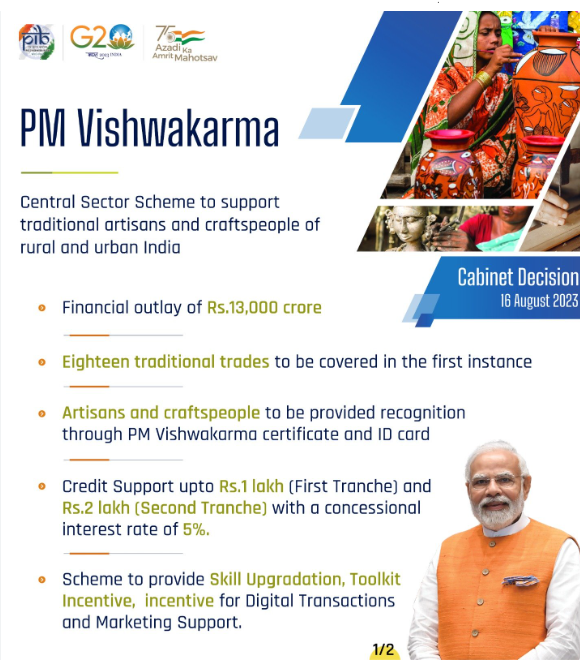2 August 2024 : PIB Summary For UPSC
1. NATIONAL MISSION ON MONUMENTS AND ANTIQUITIES
(Source – https://pib.gov.in/PressReleseDetail.aspx?PRID=2040119 )
| Topic: GS2 – Governance – government policies |
| Context |
|
Establishment and Purpose:
- Established in 2007 by the Government of India.
- Aims to create two national databases: one on monuments and another on antiquities.
Target Audience:
- Databases intended for public use, including students, researchers, educational institutions, and administrative personnel.
- Conducts training programs and workshops nationwide on documenting monuments and antiquities.
Collaborations:
- Works with the Archaeological Survey of India (ASI) to engage with foreign academic and research institutions.
- Partnerships aim to access innovative research and restoration techniques.
- Collaborations with international institutes such as the University of Ca’ Foscari, Venice, and ICR, Italy.
Technological and Research Support:
- Memorandum of Understanding (MoU) with IIT Gandhinagar for strengthening archaeological sciences.
- Focus areas include material analysis, documentation, structural stability, seismic vulnerability, and dating techniques.
- Supports studies on paleo-environment, archaeology, and archaeo-seismology.
2. PM VISHWAKARMA YOJANA
(Source – https://pib.gov.in/PressReleseDetail.aspx?PRID=2040261 )
| Topic: GS2 – Governance – government policies |
| Context |
|
Analysis of the news:

Administration: Managed by the Ministry of Micro, Small, and Medium Enterprises, aligning with the government’s focus on boosting the traditional crafts sector.
Objective: Launched by the Prime Minister on September 17, 2023, the PM Vishwakarma Yojana aims to provide comprehensive support to artisans and craftspeople who work with their hands and tools across India.
Components:
- Recognition: Artisans receive a PM Vishwakarma Certificate and ID Card, acknowledging their skills and contributions.
- Skill Upgradation: Training programs are available to enhance the skills of artisans, ensuring they stay competitive and proficient in their crafts.
- Toolkit Incentive: Artisans receive incentives for acquiring necessary tools, aiding in better productivity and quality of work.
- Credit Support: Financial assistance is provided to facilitate access to credit, enabling artisans to expand and sustain their businesses.
- Incentive for Digital Transactions: Encouragement and rewards for adopting digital transaction methods to enhance financial inclusion and ease of business.
Marketing Support: Assistance in marketing products, helping artisans reach broader markets and increase their income.
Implementation: The scheme is implemented nationwide with significant enrolment and registration numbers indicating strong participation.
Case study: In Chikkaballapur district, Karnataka, 97,356 applications were received, with 17,696 successful registrations, showcasing the scheme’s reach and impact.


